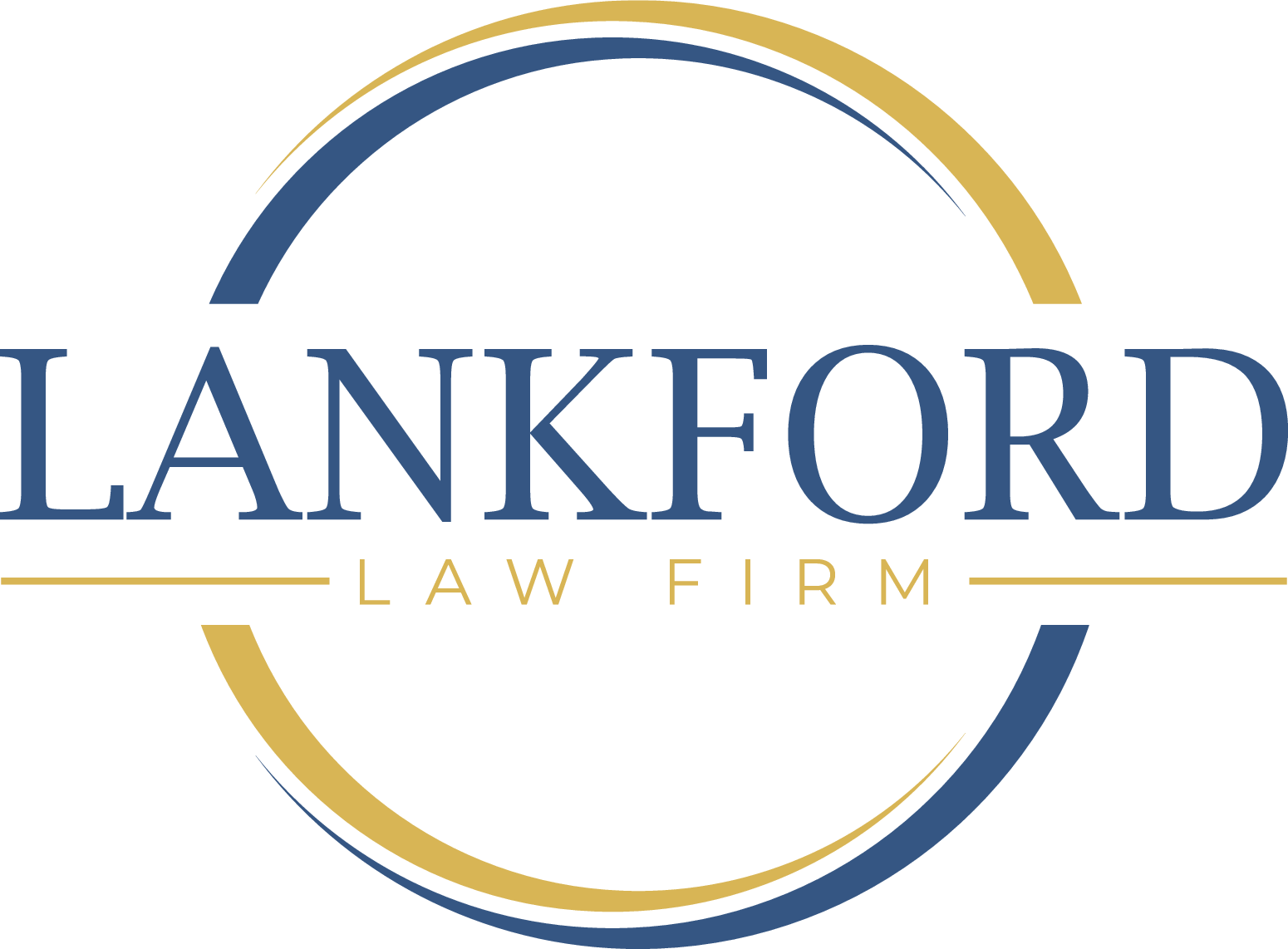Hiring and Firing Laws in Daytona Beach, Florida
Employers in Daytona Beach, Florida, must navigate a complicated web of federal, state, and local employment laws when hiring and firing employees. Employers can minimize risks and create compliant workplaces when they understand the laws, develop clear policies, train staff, document actions, and seek legal advice when necessary. Legal compliance protects employers from potential lawsuits and fosters a positive and productive work environment.
Understanding Employment Laws in Florida
Florida has “at-will” employment. This means that at any time, the employee or the employer can end the employment relationship, with or without cause or prior notice. However, employers must be aware of significant exceptions and legal considerations to avoid wrongful termination claims.
Hiring Practices: Key Legal Considerations
Discrimination Laws
When hiring in Daytona Beach, employers must comply with federal anti-discrimination laws such as the Americans with Disabilities Act, the Age Discrimination in Employment Act, and the Civil Rights Act of 1964. These laws prohibit discrimination based on age, disability, race, color, religion, sex, and national origin.
Florida’s Civil Rights Act also protects against discrimination. The law is enforced by the Florida Commission on Human Relations (FCHR) to ensure that employers do not inadvertently discriminate against protected classes in their hiring practices, including job advertisements, interviews, and selection criteria.
Background Checks
Background checks are often conducted to confirm a candidate’s history and qualifications. Employers may conduct background checks that comply with the Fair Credit Reporting Act (FCRA). This federal law requires that a candidate provide written consent before the background check is conducted. The employer must also provide a pre-adverse action notice if they intend to take adverse action based on the report.
Additionally, employers must consider Florida’s “Ban the Box” law for public employers, which restricts when and how they can inquire about an applicant’s criminal history. Private employers should also be mindful of the Equal Employment Opportunity Commission guidelines on using criminal records in hiring decisions.
Job Descriptions and Employment Contracts
Clear and accurate job descriptions are crucial for defining job responsibilities and qualifications. This helps set expectations and can be valuable in defending against potential discrimination or wrongful termination claims.
While Florida is an at-will state, some employers use employment contracts for certain positions. These contracts should clearly outline the terms of employment, including job duties, compensation, benefits, and termination conditions. It’s essential to draft these contracts carefully to avoid creating unintended obligations or limitations on the employer’s right to terminate at-will employees.
Firing Practices: Key Legal Considerations
Anti-Retaliation Protections
Employers in Daytona Beach must be cautious of anti-retaliation protections when terminating employees. Federal and state laws forbid retaliation against employees who have filed a discrimination complaint, participated in an investigation, or exercised their rights under labor laws. Employers must ensure that any adverse action against an employee is based on legitimate, non-retaliatory reasons.
Wrongful Termination Claims
Although Florida’s at-will employment doctrine provides flexibility, wrongful termination claims can still arise. Employers cannot fire employees for reasons that breach employment contracts, discriminate against protected classes, or violate public policy.
Employers should document performance issues, conduct thorough investigations before making termination decisions, and ensure the reasons for termination are well-documented and justifiable to reduce the risk of wrongful termination claims.
Severance Agreements
Offering a severance agreement can be a strategic way to minimize the risk of post-termination disputes. Severance agreements often contain a release of claims, where the employee agrees not to pursue legal action in exchange for severance pay or benefits.
Employers must comply with the Older Workers Benefit Protection Act if the employee is 40 years or older when drafting severance agreements. This federal law requires certain disclosures and a 21-days for the employee to review the agreement.
Final Paychecks and Benefits
Florida law requires employers to provide final paychecks by the next regular payday after an employee’s termination. Employers must also address accrued vacation pay, if applicable, under the company’s policy and employment contract terms.
Additionally, employers should inform terminated employees about their rights under the Consolidated Omnibus Budget Reconciliation Act (COBRA) to continue their health insurance coverage at their own expense.
Best Practices for Employers in Daytona Beach
Develop Clear Policies and Procedures
Establishing comprehensive policies and procedures for hiring and firing can help ensure consistency and compliance. Employee handbooks should outline anti-discrimination policies, performance evaluation processes, disciplinary procedures, and the at-will employment law.
Train Managers and HR Staff
Proper training for managers and HR staff is essential to ensure they understand the legal requirements and best practices for hiring and firing. Regular training sessions can help prevent discrimination, retaliation, and wrongful termination claims.
Document Everything
Detailed documentation is crucial in defending against potential legal claims. Employers should maintain records of job postings, interview notes, performance evaluations, disciplinary actions, and termination decisions. Clear documentation can provide valuable evidence in case of a dispute.
Seek Legal Advice
Employment laws are complex and constantly evolving. Consulting with an employment attorney helps employers ensure compliance and develop risk mitigation strategies. Legal advice is precious when dealing with complex situations, such as potential layoffs, workplace investigations, or responding to employee complaints.
Need Help Navigating Employment Law? Hire the Experienced Team at Lankford Law Firm!
Are you facing challenges with hiring or firing employees in Daytona Beach, FL? Don’t navigate the world of employment law alone. At the Lankford Law Firm, we pride ourselves on offering personalized attention. We build relationships with our clients, taking the time to understand their needs and tailoring our legal services to ensure they stay compliant and protected. Contact the Lankford Law Firm at 850-888-8992 for a consultation, and let us support your ongoing success!


 Call Us Now
Call Us Now Email Us Now
Email Us Now




